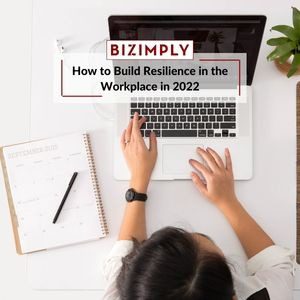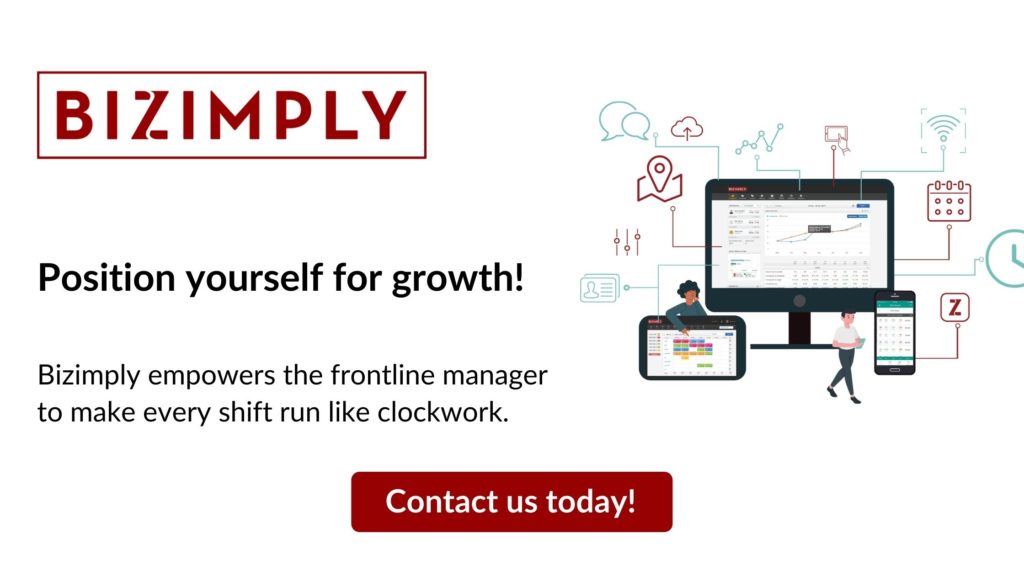What is the importance of workplace resilience? Stress is a significant cause of mental and physical ill-health, and can contribute to errors and misjudgements, low morale, sickness absence, burnout and high staff turnover – which all undermine quality care and support.
Being resilient will help staff to manage stressful situations, protect them from mental ill-health and improve their health and wellbeing. At work, this ensures that they continue to do their job well and deliver high-quality care and support. It’s not possible to take all of the stress out of care work, which is why it’s important that everyone in adult social care is supported to develop their resilience, and that employers take steps to reduce work-related stress.
What is resilience?
Resilience is the ability, both physically and mentally to recover and cope with a difficult period or event. The American Psychological Association (APA) defines resilience as the “the process of adapting well in the face of adversity, trauma, tragedy, threats or significant sources of stress — such as family and relationship problems, serious health problems or workplace and financial stressors”. Someone who can manage these pressure-filled events proficiently usually are able to recover quickly and return more developed than others.
Resilience is made up of many behaviours, some of which are;
- Understanding the reason behind why you do things,
- Taking on new responsibilities with a positive attitude,
- Adapting to change, taking responsibility,
- Not being afraid to ask for help,
- Maintaining a level of perspective when things aren’t going your way.
Of course there are many more but these are the main behaviours that the majority of people will have experienced at one time or another. These behaviours are shaped by a range of factors that include culture, environment, our personality and past experiences. To a certain extent, we all have a level of resilience, however some people are lucky to have more in depth resilience due to their background than others.
To build your resilience you need to have;
- Self confidence and belief in yourself,
- See the value in your everyday actions,
- Strategies to cope with pressure and surrounding environments,
- The ability to form positive relationships with others.
It is also important to have access to support whenever you need it, whether this be through work, a therapist, online collateral or even support from other people.
As an employer, you are responsible for the health and wellbeing of your employees. It is important to perform regular informal check ups with your staff, usually carried out on a 1:1 basis. This is to ensure that they are coping with their workload, they are not under pressure or stress due to the workload they have and they have a positive work-life balance. It also means you are keeping up to date with good workplace practices and can act accordingly and quickly if ever there was a situation that needed to be dealt with.
Key things to consider:
- Ensure that workplace processes prevent and reduce stress at work and support resilient behaviours,
- Training is available to support managers and staff to so they can develop resilient behaviours,
- Creating and inhibiting a positive workplace culture that elicits and embeds resilience.
Culture in the workplace is a factor that comes up time and time again. Workplace culture is something that is extremely important to get right and can be another way to exert powerful resilience amongst your employees.
A culture that incorporates resilience involves staff being encouraged to;
- Not be afraid to ask questions,
- Openly talk about their feelings and any challenges when they feel like it, both work related and personal,
- Manage stress as effectively and efficiently as possible,
- Find other areas of support as well as having their leaders support,
- Always look out for their colleagues as well,
- Be thankful to others for their help and openly discuss any other challenges they may face.
A report by the House of Commons on the ‘Workforce burnout and resilience in the NHS and social care’ described resilience in the NHS as; “bending with the pressure, bouncing back and learning from that” and that “no amount of resilience training or psychological or physical PPE will protect you from a toxic environment”.
Within the healthcare sector there is a need to focus on building resilience for the healthcare workers. This is down to poor working culture and many other organisational factors that need to be addressed in order for these workers to overcome issues and be resilient in their day to day roles.
The report concluded that; ‘Burnout is a widespread reality in today’s NHS and has negative consequences for the mental health of individual staff, impacting on their colleagues and the patients and service users they care for. There are many causes of burnout, but chronic excessive workload is a key driver and must be tackled as a priority. This will not happen until the service has the right number of people, with the right mix of skills across both the NHS and care system.’
Recommendations from the report suggest that; those projections: are informed by the future shape of services and anticipated demand. Take into account the labour market as a whole. Make clear the opportunity cost of not training, employing and retaining sufficient numbers of staff.
Building resilience can take time, but it is important that as an organisation you provide your staff with the right training and resources to enable them to do so. As an employee, take the time to focus on self-development to help with building your resilience. Resiliency is key to creating an agile workforce, allow your employees to thrive.














